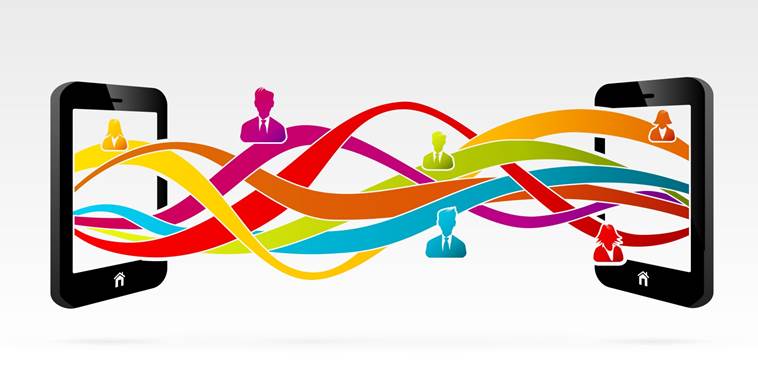Interoperability matters

Using any phone, we can call any other phone – regardless the company that produced the phone, regardless calling a landline from a mobile. Or vice versa. This is interoperability.
Seamless
Our clients need interoperability. The legacy of existing IT silos and proprietary standards has made their systems not interoperable enough. Our customers see the benefits of sending and retrieving information, regardless of the means or the software owner. This is the case for public institutions when designing public services. These usually require a seamless exchange of information across different systems and countries.
Interoperability also allows administrations to switch information system without high exit costs – avoiding IT vendor lock-in and facilitating compliance to procurement rules.
At the higher governance level Europe’s Digital Agenda recommends interoperability. Standards and interoperability are one pillar of this policy – which aims to reboot Europe’s economy. It supports Europe’s citizens and businesses to get the most out of digital technologies. According to the Agenda: "Europe must ensure that new IT devices, applications, data repositories and services interact seamlessly anywhere”.
An innovation community
One particular EU recommendation – the European Interoperability Framework, describes interoperability as “multilateral by nature and best understood as a shared value of a community”.
So we make interoperability our motto. This directly serves our clients. More generally, this supports innovation, which is open, global and requires collaboration across multiple disciplines and borders. The era of silos has ended.
Implementing interoperability
An example of interoperability in practice is the open data initiative, implementing the Public Sector Information Directive across EU countries. Such information can be reused by ICT systems because they recognise it: the data is published and described using web technologies and open standards. Companies develop innovative applications which combine reused data.
Looking beyond this example, concerning data, we see that implementing interoperability policies for IT systems can be a struggle. Trasys’ Consulting supports EU countries and institutions in overcoming the hurdles. We provide recommendations for fine-tuning interoperability policies. We support stakeholders in the definition of common standards, and examine existing standards used across the EU. One example is our analysis of standards in XML structures used for legal texts. This is part of a study for EC’s ISA Programme.
No dial tone?
But the lack of interoperability is not linked to legacy issues only. A recent report shows that even in new technology – cloud computing – interoperability is at risk. Again.
That is why we are always on the look-out to ensure strategic choices for our clients. Making the exchange of information across systems and borders as simple as picking up the phone.

















Add new comment